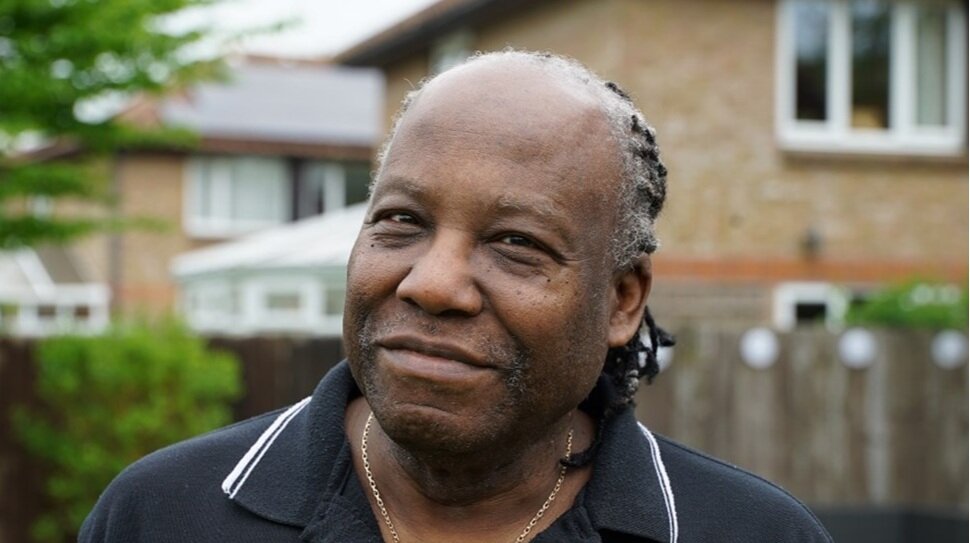Black Men and Prostate Cancer
I officially kicked off the Cancer Series Webinar sessions in December 2020. This was delivered to the members of the Igbo Community in Dorset as part of my bid to make a valuable contribution to my local community. There was no better place to start than amongst those I call family.
The series is to run over a 4 to 6 month period and it is intended to educate members of the Igbo community to recognise the signs and symptoms of common cancers.
Read more about the Cancer Series here
Background:
According to Prostate Cancer UK, 1 in 4 black men in the UK will be diagnosed with prostate cancer in their lifetime. This is double the 1 in 8 risks faced by all men. Awareness of cancer signs is lower in those who are male, younger, and from BAME or low socioeconomic groups. 4 in 5 people (85%) are affected financially by a cancer diagnosis.
Prostate, What is it?
The prostate is part of the male reproductive system. It is about the size of a satsuma. It secretes fluid that nourishes and protects sperm, helping them live longer and be more mobile. It grows bigger as men get older.
Risk Factors for Prostate Cancer
Age - being over 50.
Family history of prostate cancer.
Being Black or having a Mixed black ethnicity.
Obesity.
Click the photo above to share/print the infographic on prostate cancer risk factors
Symptoms of Prostate Cancer
An increased need to pee
Straining while you pee
A feeling that your bladder has not fully emptied
Lower back, or bone pain.
Lethargy.
Erectile dysfunction.
Haematuria.
Anorexia/weight loss.
Lower urinary tract symptoms (LUTS). These are similar to the symptoms of BPH (Benign Prostatic Hyperplasia).
Prostate Examination / Tests
Blood test.
Urine test.
Digital Rectal Examination.
PSA test.
Prostate Ultrasound Scan.
Treatment
”Watchful waiting" or "active surveillance”
Surgically removing the prostate
Radiotherapy – either on its own or alongside hormone therapy
PSA Screening
There's currently no screening programme for prostate cancer in the UK. This is because it has not been proved that the benefits would outweigh the risks.
PSA tests are unreliable and can suggest prostate cancer when no cancer exists (a false-positive result). Up to 15% of men with prostate cancer have normal PSA levels (a false-negative result), so many cases may be missed.
It can find aggressive prostate cancer that needs treatment, but it can also find slow-growing cancer that may never cause symptoms or shorten life.
Instead of a national screening programme, there is an informed choice programme, called prostate cancer risk management, for healthy men aged 50 or over who ask their GP about PSA testing.
It aims to give men good information on the pros and cons of a PSA test.
How to check your risk
Prostate Cancer UK has a 30-second risk check which men (or their partners) could use to check one’s risk of prostate cancer. It asks 3 simple questions:
How old are you?
Has your Father or Brother had Prostate Cancer?
Do you have black or mixed black ethnicity?
Understanding black men’s risk of prostate cancer
In partnership with Movember, Prostate Cancer UK is funding the PROFILE study to help find out why black men are at higher risk of prostate cancer than other ethnic groups.
The researchers are looking at the genes of healthy men at higher risk of prostate cancer, including men of African or Caribbean descent. Over five years, they’ll monitor the men for signs of developing prostate cancer, using blood tests and scans and biopsies.
At the end of the study, the researchers hope to understand why certain men are more likely to get prostate cancer, and whether one day they could create tests to help spot these men earlier, based on their genes.
“By working towards catching prostate cancer sooner in high risk men, we can increase the chances of curing their prostate cancer. And by understanding more about why and how they develop prostate cancer, we could work towards treatments that stop this from happening.”
Useful Resources:
Here is the PDF version of my talk which you can share with your friends and family to help spread the word.
References:
Images courtesy of
Prostate Cancer UK
Medindia.net
Topdoctors.co.uk
WebMD, LLC































